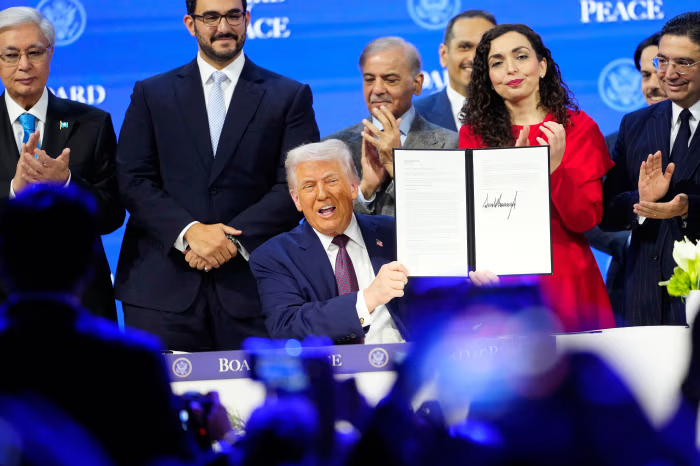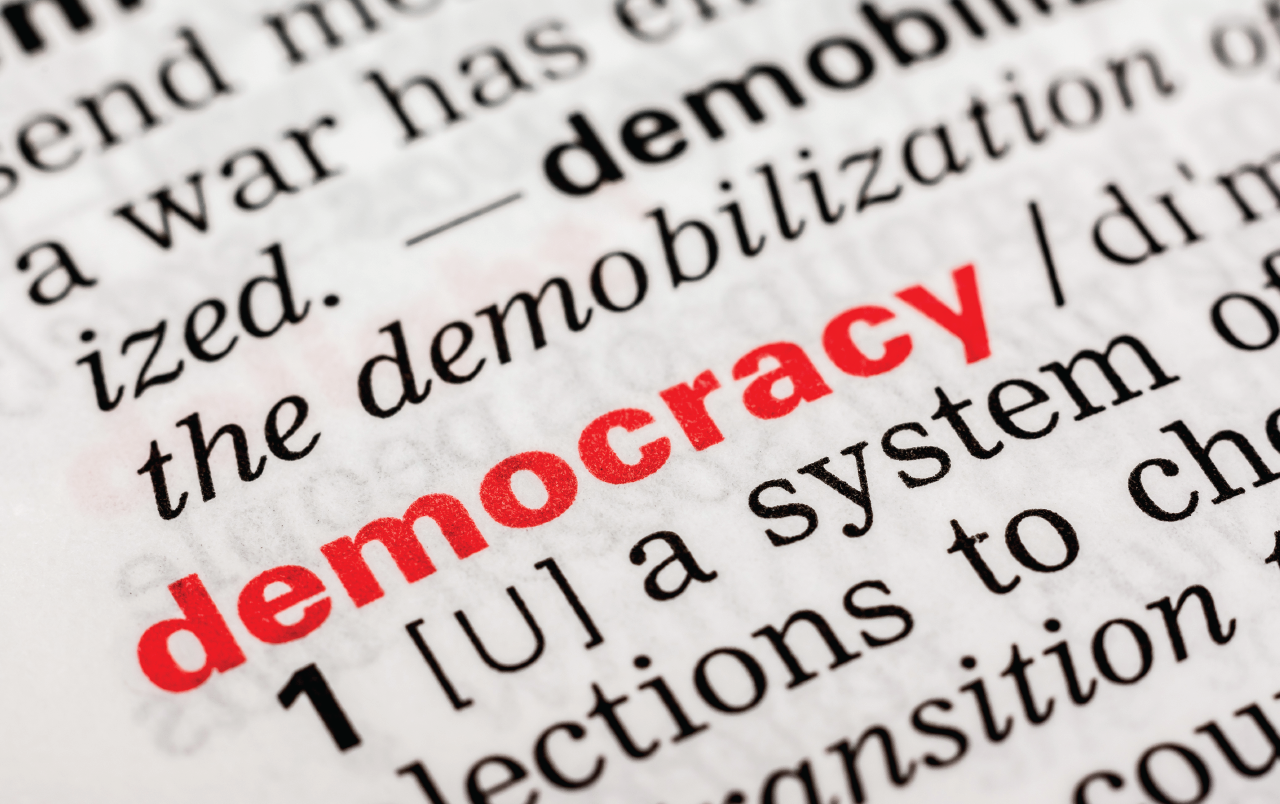Editorial
Pakistan’s democracy faces significant challenges, leading to questions about the authenticity of its electoral processes. The assertion that Pakistan lacks a functional democracy, resulting in managed and rigged elections, raises concerns about the legitimacy of political mandates and the representation of the people’s will in the government. According to the research of Republic policy, it is observed that elections of 2018 were managed and elections of 2024 are not only managed but also massively rigged to favor the PMLN, PPP and MQM led governments.
The distinction between managed and rigged elections is crucial in understanding the complexities of electoral manipulation. The claim that the 2018 elections were managed but not rigged suggests a strategic orchestration of the electoral process to influence outcomes without explicit tampering with the ballots. In contrast, a rigged election involves direct manipulation of ballots and electoral mechanisms to favour specific outcomes. By highlighting this discrepancy, it is crucial to draw attention to the subtleties of electoral interference, keeping the audience vigilant and engaged in assessing electoral integrity.
The assertion that the 2024 elections in Pakistan were massively rigged raises alarming implications for the legitimacy of the elected representatives and the functioning of the government. Political critics contend that such widespread rigging undermines the mandates of political parties in different regions of Pakistan, such as PMLN in the Centre and Punjab and PPP in Balochistan, reflecting the broader and concerning impact of electoral malpractice on political representation and governance, making the audience more aware and concerned.
Pl watch the video and subscribe to the channel.
Furthermore, the call for a functional democracy in Pakistan, underpinned by free and transparent elections, underscores the vital role of electoral integrity in fostering genuine democratic processes. The emphasis on the need for transparent elections signals a demand for accountability, fairness, and inclusivity in Pakistan’s electoral framework to ensure that people’s will is accurately reflected in the governance and decision-making processes.
Lastly, the critical analysis of Pakistan’s electoral landscape sheds light on the challenges and complexities of its democratic framework. By highlighting the distinctions between managed and rigged elections, as well as the impact of electoral malpractice on political mandates and governance, the author advocates for the foundational principles of a functional democracy characterized by free and transparent elections. This underscores the significance of addressing electoral issues to pave the way for an inclusive and representative democratic system in Pakistan.















